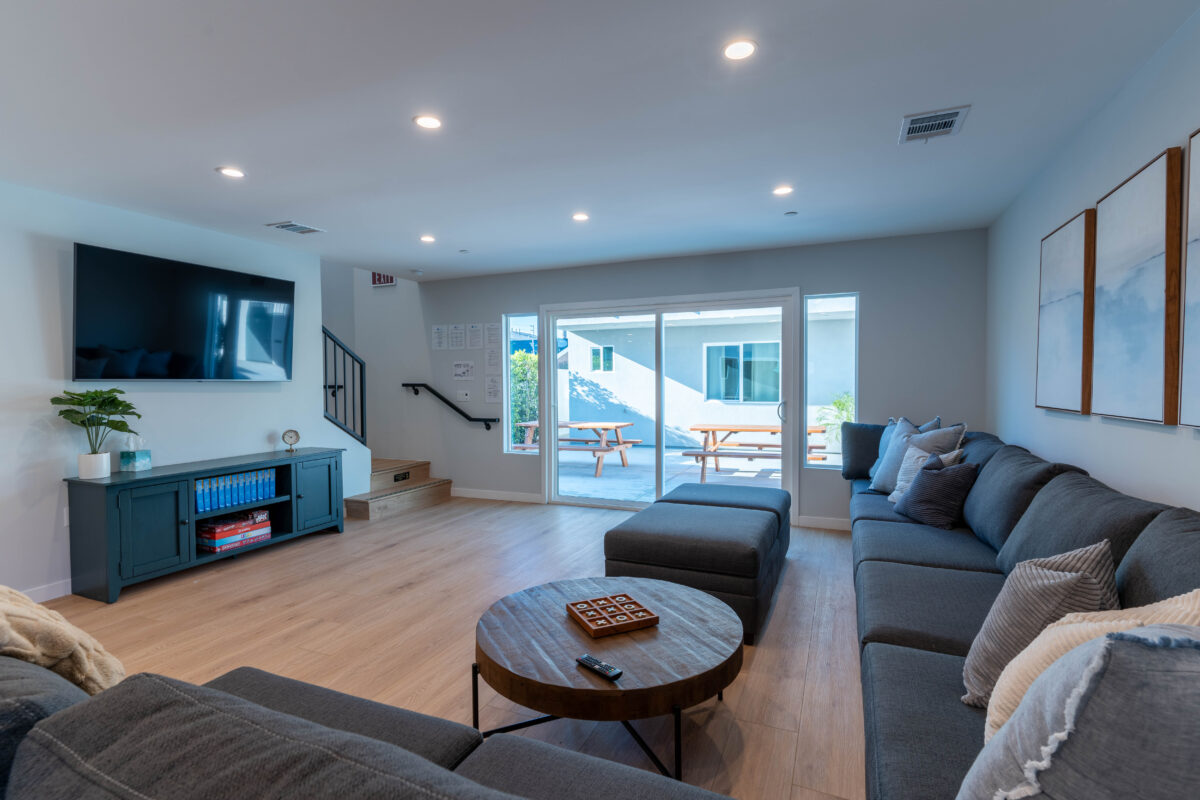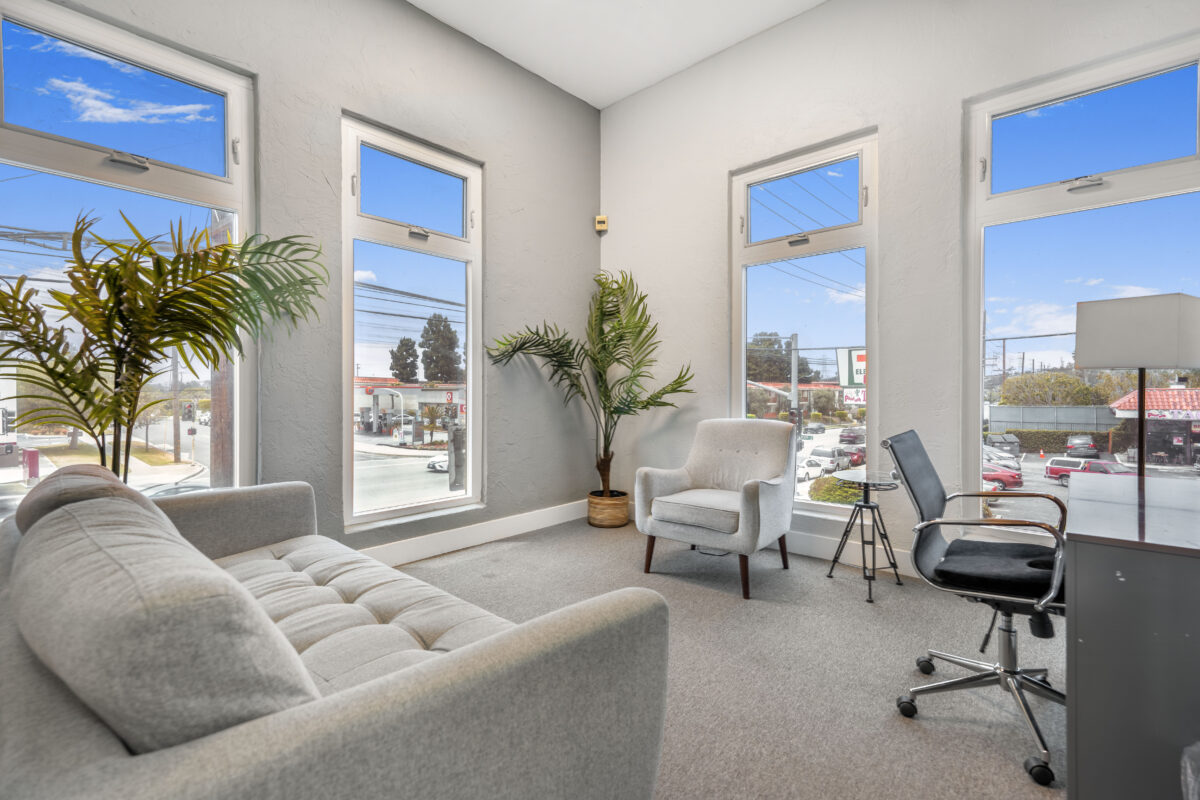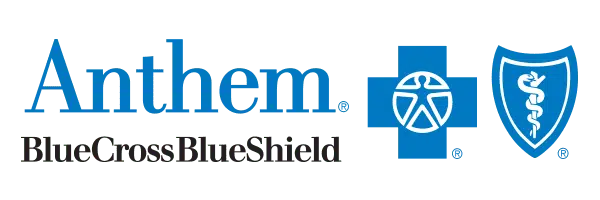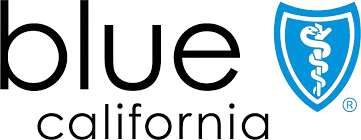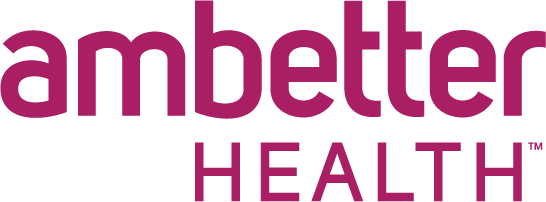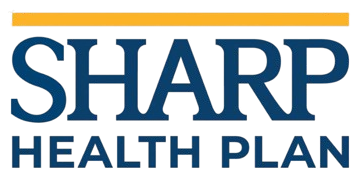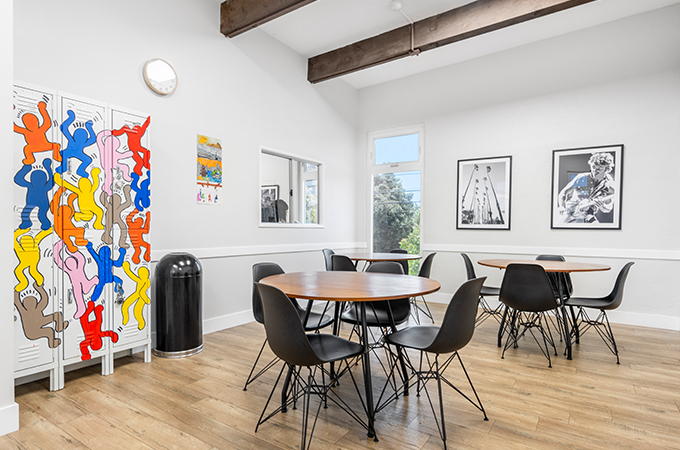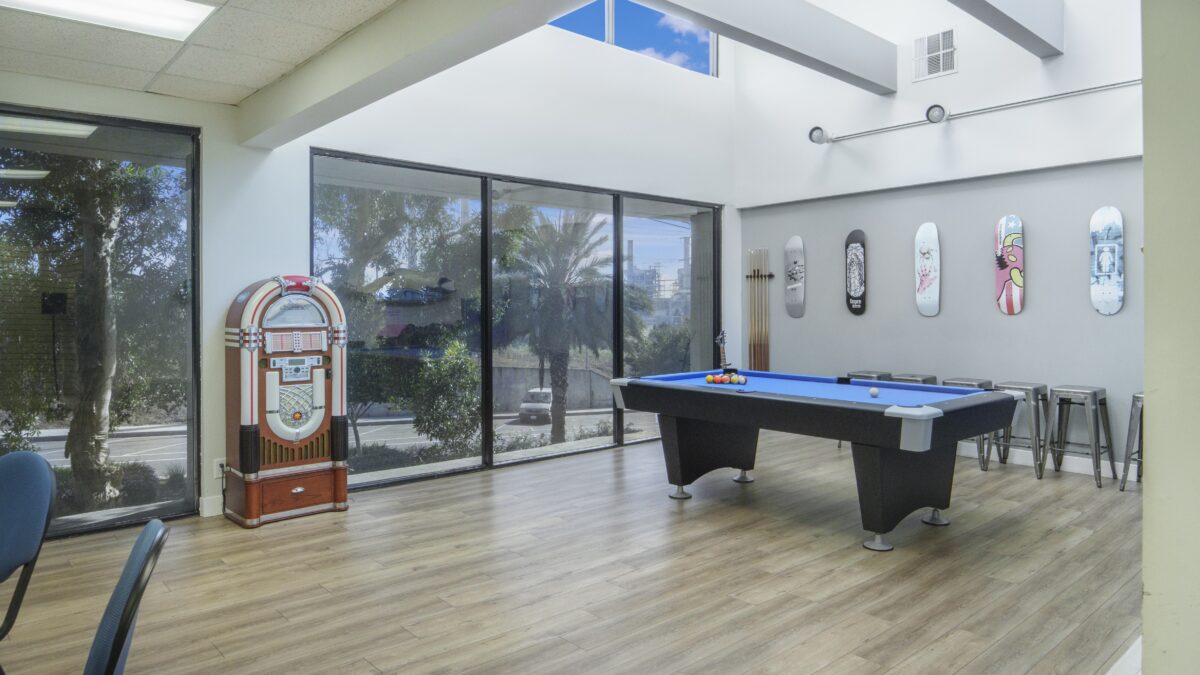
Painkiller Addiction Treatment in Los Angeles, California
Struggling with painkiller addiction?
You don’t have to face it alone.
Painkiller addiction can be overwhelming, leaving you feeling trapped and exhausted from its grip. Opioid medications prescribed to treat pain, such as oxycodone, hydrocodone, or morphine, may have initially brought relief but can quickly spiral into dependency.
If you’ve found yourself unable to cut back or stop entirely, only to be met with intense cravings or withdrawal symptoms, know that you don’t have to face this alone. At Clear Behavioral Health, we’re here to help you overcome drug addiction with compassion and expert care.
Painkiller addiction treatment at Clear
We have designed our painkiller addiction treatment programs to address not only physical dependence but also the emotional and psychological challenges that come with it.
Our comprehensive approach includes medically supervised detox, personalized therapy, and ongoing support tailored to your unique needs. Whether you need inpatient care, outpatient services, or virtual options, our programs are structured to meet you where you are on your recovery journey.
Our substance abuse treatment centers, located in Los Angeles, CA, Gardena, and Redondo Beach, provide both inpatient and outpatient care options.
Additionally, for those who have reached sobriety but need continued support, we offer an online Intensive Outpatient Program (IOP) that brings effective mental health care directly to you. No matter your location or circumstances, we are committed to helping you achieve a life free from painkiller addiction.

Initial painkiller addiction assessment
When you begin treatment with us, our clinical team will conduct a thorough assessment to understand your specific painkiller addiction symptoms and needs.
This allows us to recommend the level of care that will provide the best outcomes and set the foundation for your painkiller addiction recovery.
Our locations
Our residential rehab for painkiller addiction
We offer our detox and rehab programs in a home-like treatment facility to provide the time and space you need to build a solid foundation in sobriety.
Residential rehab
If painkiller addiction is severely impacting your ability to function in daily life—such as maintaining work, relationships, or self-care—our residential treatment program may be the best fit. Here, you will benefit from round-the-clock support, a safe and medically supervised detox process, and comprehensive therapy in a structured and comfortable environment.
Our residential facilities provide:
- Semi-private rooms with comfortable and warm beds.
- In-home meals and laundry access.
- Group outings.
- Access to a wide range of therapy options.
Residential care allows you to step away from the triggers of everyday life and focus solely on your recovery in a nurturing and healing environment.
Safely detox from painkillers
Detoxing from painkillers can be dangerous without medical supervision. At Clear Behavioral Health, our detox program ensures a safe and monitored withdrawal process, helping to manage symptoms and discomfort.
During the first week of your stay, our clinical team will provide 24/7 care to help you transition off painkillers safely and effectively in a home-like environment.
Partial Hospitalization Program (PHP) & Intensive Outpatient Program (IOP)
When you don’t require residential care, or are transitioning from it, or are looking for a more elevated level of care than a weekly therapy session, our PHP and IOP programs offer structured support while allowing you to maintain certain aspects of your daily routine.
Both programs include one-on-one and group therapy sessions with medication management where needed, case management sessions on an individual and group level, and our holistic therapy. Our outpatient treatment programs allow a more flexible schedule to live at home while attending the program during the day or evening and provides a community of mentors, relapse prevention education, personalized assessments, and holistic healing methods, and our PHP and IOP treatments ensure sustainable mind-body wellness.

PHP Includes:
90 days of treatment | 5 days per week | 6 hours per day
Monday through Friday

IOP Includes:
6-8 weeks of treatment | 3 days a week | 3 hours per day
This option works with your schedule, Monday through Friday
What to expect with our PHP and IOP programs
Depending on the level of care that best suits your needs, you may begin with our Partial Hospitalization Program (PHP) and transition to the Intensive Outpatient Program (IOP), or begin directly at the IOP level.
Wherever your journey begins, after completing your treatment, you’ll become part of our supportive alumni community, offering encouragement and inspiration to others on their path to wellness. Our programs are carefully designed to include individual and group therapy, comprehensive case management, holistic treatments, and medication management. This integrated approach ensures a treatment plan that promotes healing at every stage. These programs include:

Individual therapy
Weekly sessions with a therapist to help you explore the underlying causes of your condition, identify your triggers, and develop coping strategies to last a lifetime.

Medication management
If necessary, our clinicians will prescribe and monitor medications to manage your condition symptoms and support wellbeing.

Case management
Weekly case management meetings will help you to develop life skills, build healthy daily routines, and support reintegration into your daily life.

Group therapy
Daily group therapy sessions help you to build a supportive network of peers and explore therapeutic techniques like CBT, mindfulness and art therapy.

Holistic groups
Yoga, meditation, sound baths, and other holistic therapies are practiced daily to restore balance between your mind and body.
We are in-network.
Learn more about your coverage options:
Our virtual/online IOP
For individuals who have achieved sobriety but still need ongoing mental health support, our virtual Intensive Outpatient Program (IOP) is a flexible and convenient option.
This program offers the same evidence-based therapies and expert care as our in-person programs, delivered through secure online platforms so you can receive treatment from anywhere in California.
Our subtance use treatment programs
What is painkiller addiction?
Painkiller addiction or opioid use disorder occurs when the use of opioid-based medications becomes compulsive and uncontrollable, despite harmful consequences. Often prescribed for injuries, surgeries, or chronic pain, these medications are highly effective for short-term pain relief but carry a significant risk of dependency with prolonged use.
When opioid addiction develops, the brain and body become reliant on painkillers to function, leading to cravings and withdrawal symptoms when the medication is reduced or stopped. Addiction often shifts the focus from managing physical pain to avoiding the painful effects of withdrawal.
Painkiller addiction is a national health crisis and complex disorder requiring medical and therapeutic intervention to achieve recovery.
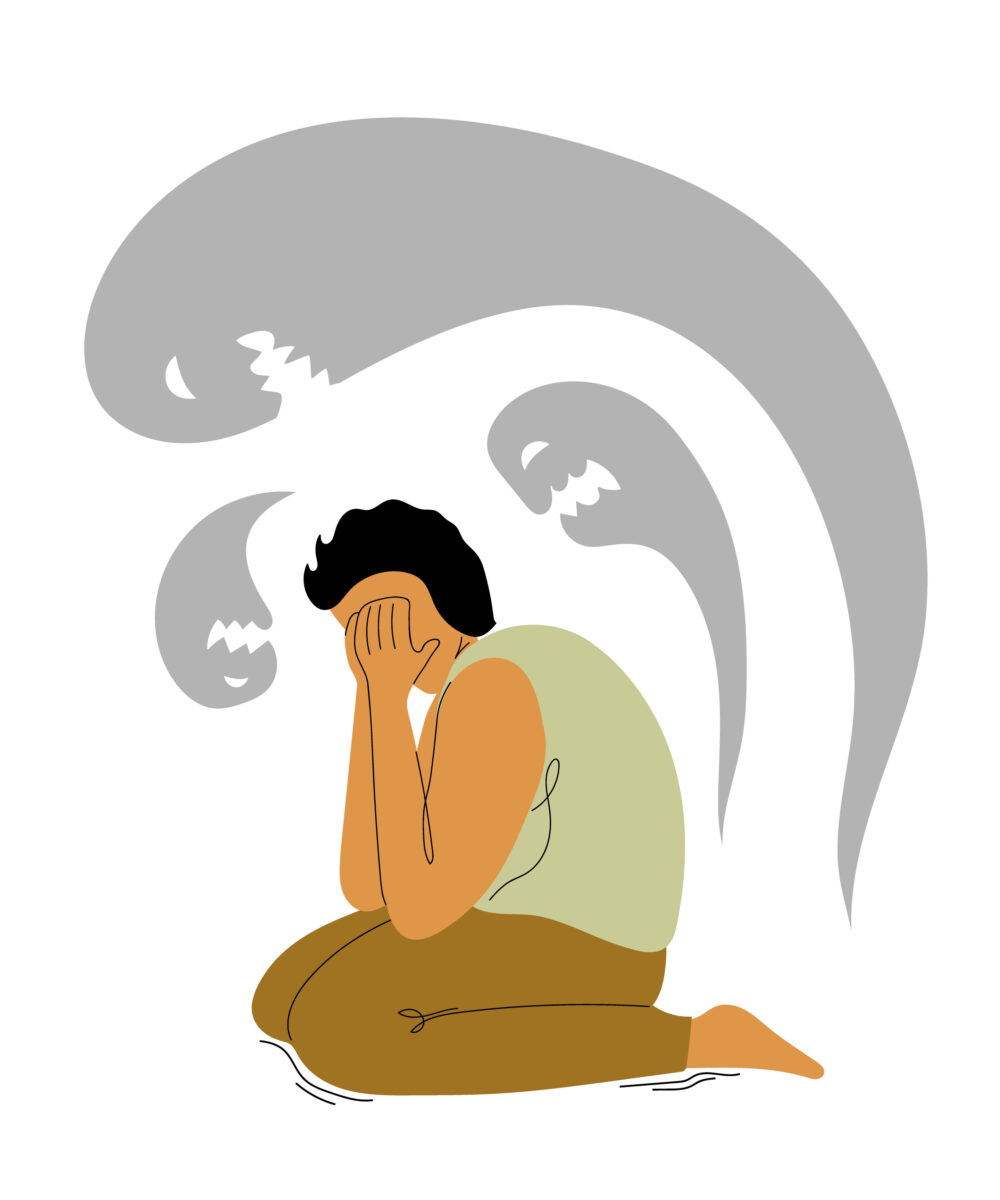
Get treated for painkiller addiction today
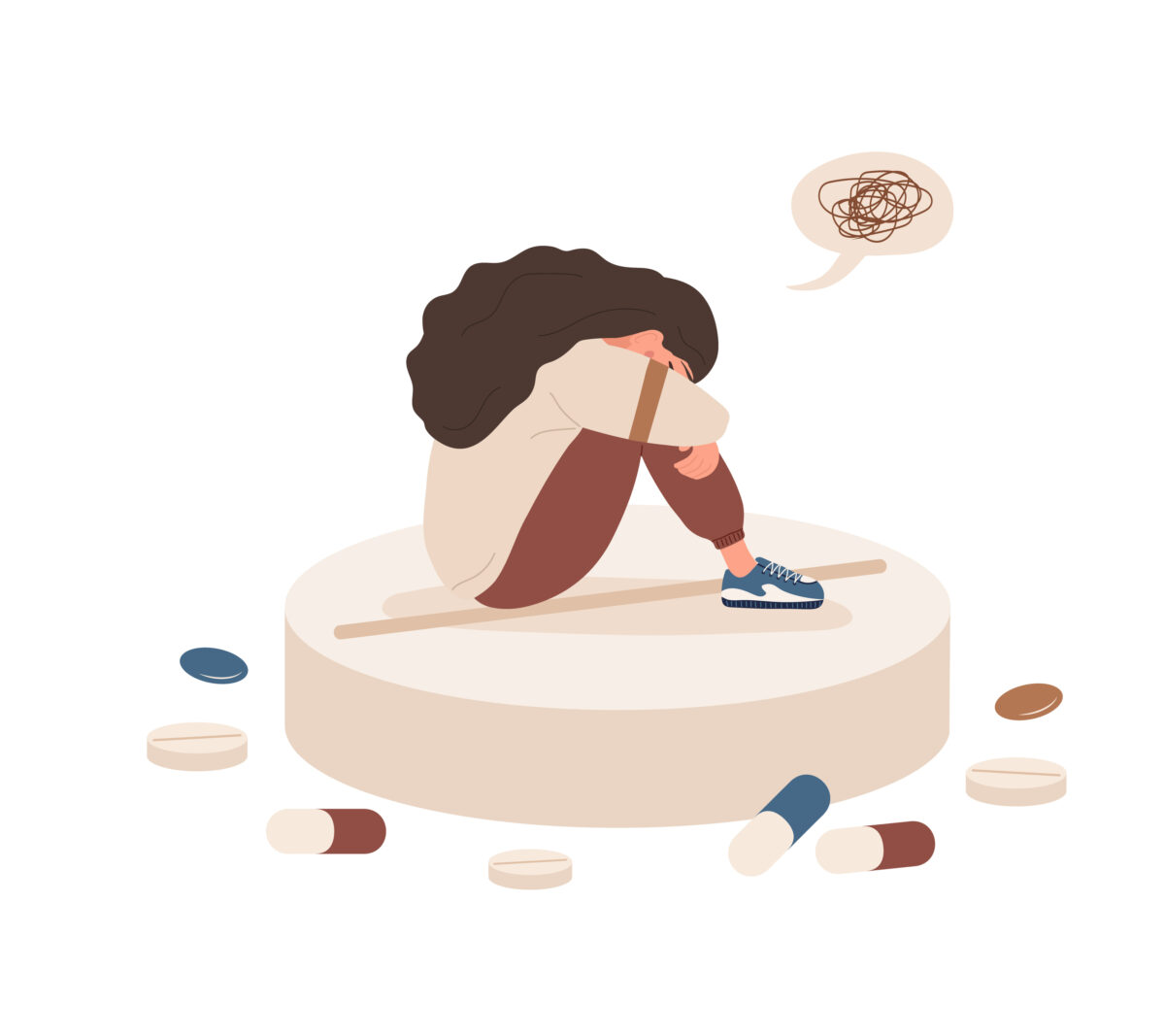
Signs and symptoms of painkiller addiction
The signs of opioid abuse and painkiller addiction can vary but often include:
- Loss of Control: Inability to stop or reduce use despite trying to quit.
- Tolerance: Needing larger doses to achieve the same effects.
- Withdrawal Symptoms: Sweating, nausea, restlessness, and irritability when not using the drug.
- Mood Changes: Depression, anxiety, or agitation.
- Neglecting Responsibilities: Ignoring work, school, or personal obligations.
- Secrecy: Hiding use from family and friends.
- Physical Symptoms: Constipation, drowsiness, or frequent flu-like symptoms.
- Behavioral Changes: Lying to obtain prescriptions or “doctor shopping.”
- Risk-Taking: Driving under the influence or using painkillers in unsafe situations, including drinking while taking them.
Different types of painkiller addiction
Painkiller addiction can vary depending on the medication being used:
- Oxycodone (OxyContin, Percocet): Known for its powerful pain-relieving properties, oxycodone dependency can develop rapidly.
- Hydrocodone (Vicodin, Norco): Commonly prescribed for moderate to severe pain, hydrocodone addiction often involves tolerance and withdrawal symptoms.
- Morphine: Often used in medical settings for severe pain, morphine addiction can lead to intense cravings and physical drug dependence.
- Codeine: Found in some prescription cough syrups and mild pain relievers, codeine addiction often begins with casual use.
- Fentanyl: A synthetic opioid significantly stronger than morphine, fentanyl addiction carries a considerable risk of overdose and death.
Each of these prescription painkillers has unique characteristics, but all carry the risk of drug abuse, opioid dependence, and addiction.
Painkiller addiction treatment in Los Angeles
At Clear Behavioral Health, we understand that painkiller addiction is more than physical dependence—it affects every aspect of your life.
That is why we offer personalized treatment plans that address your mental, emotional, and physical needs. Whether you are seeking residential care, outpatient services, or virtual treatment, our compassionate team is here to guide you every step of the way.
Contact us today to begin your journey to recovery. With the right support and dedication, you can overcome painkiller addiction and reclaim your life. Let’s take the first step together.

Learn more about our painkiller addiction treatment programs
Our other services
We provide the full spectrum of mental health services and addiction treatment for teens and adults including the treatment of PTSD, depression, anxiety, bipolar disorder, drug and alcohol addiction, and more. Learn more about our services:
Addiction resources
-
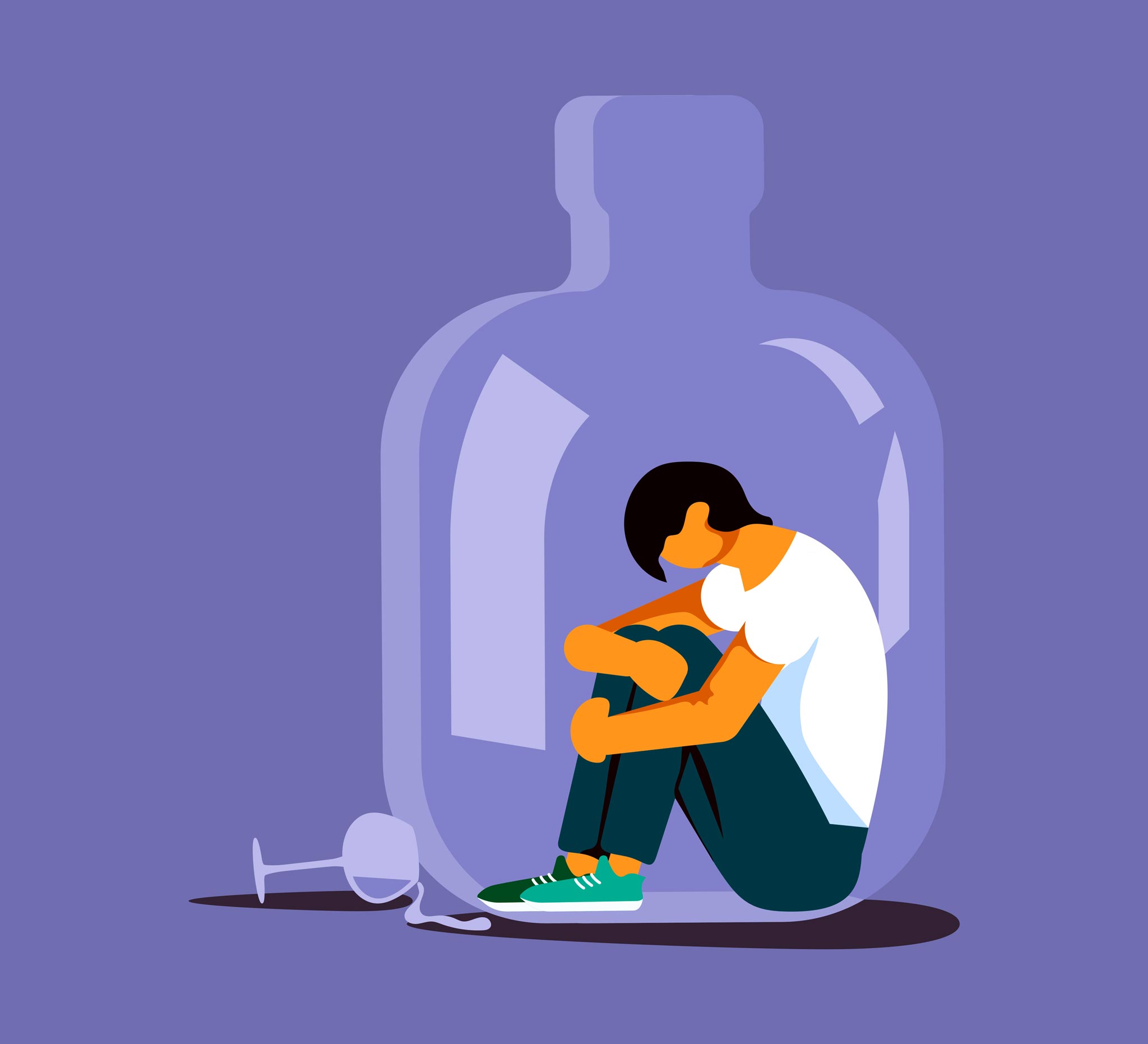
Understanding Binge Drinking Disorder: A Comprehensive Guide
Binge drinking harms mental and physical health more than many realize. Understand the dangers and how to get help for…
-
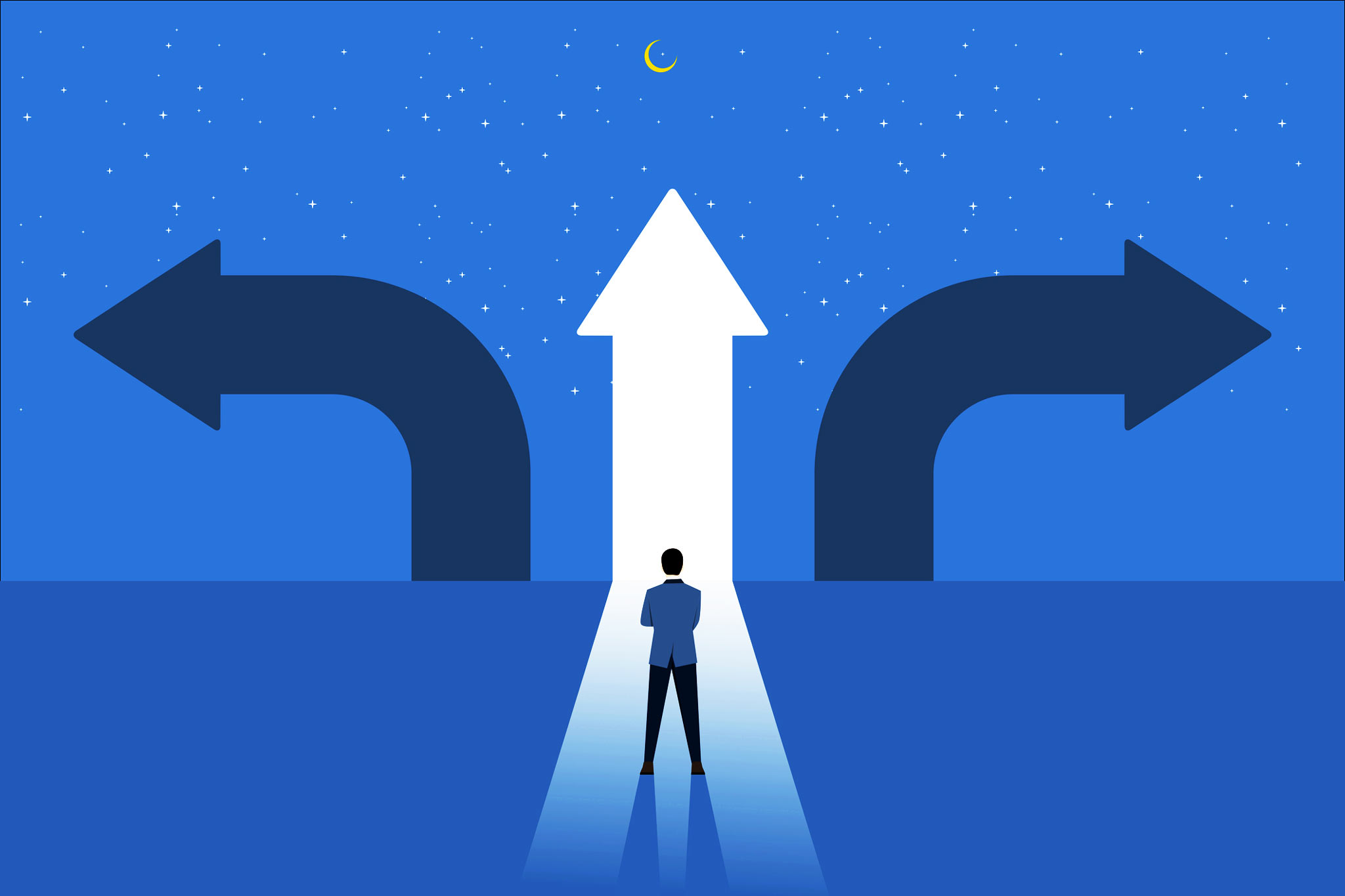
How to Choose the Best Drug and Alcohol Rehab in Los Angeles, CA
Need the best rehab in Los Angeles? Explore treatment options, cost, success factors, and what sets trusted drug and alcohol…
-
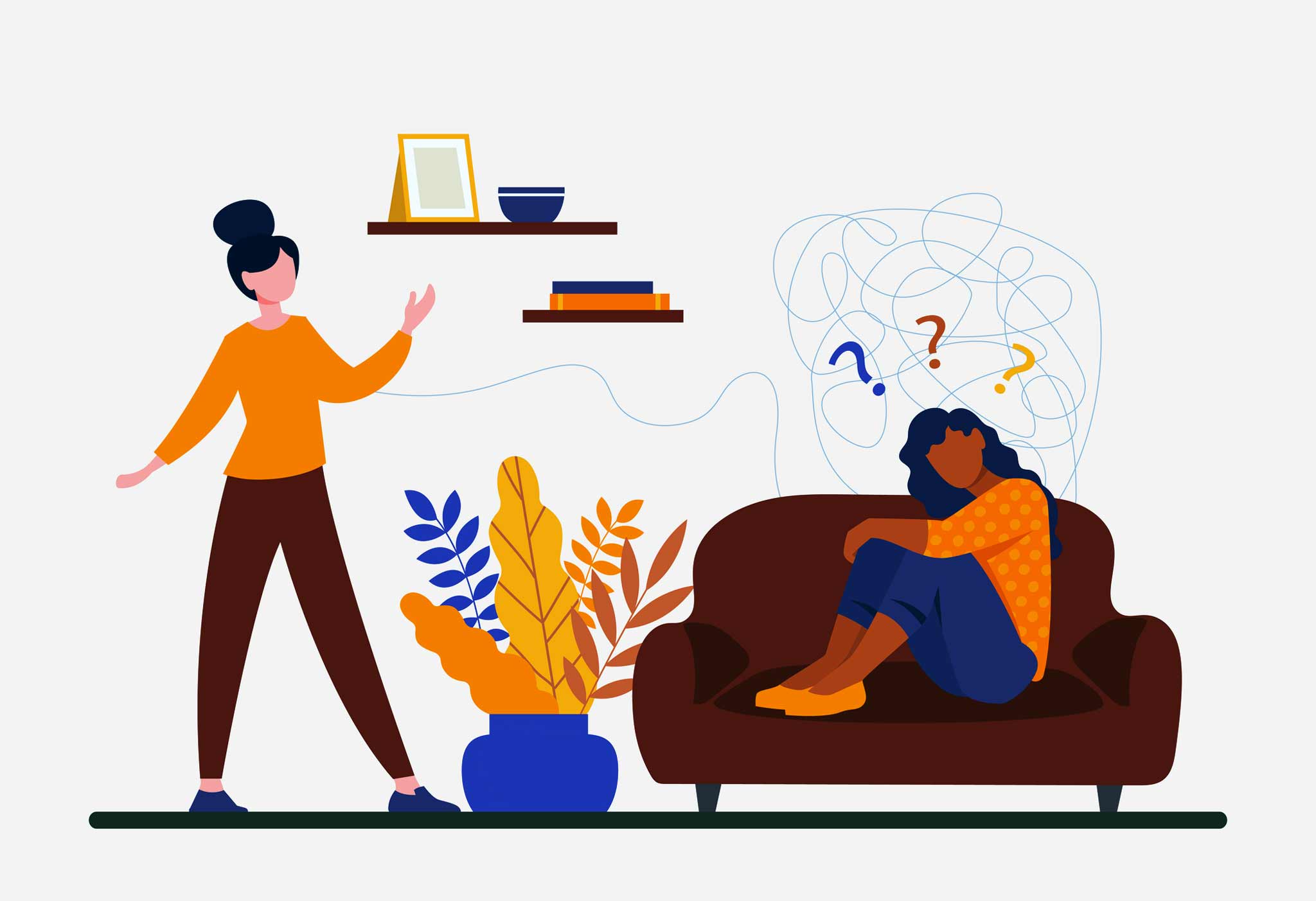
How to Determine if a Loved One Needs Addiction Rehab, and What to Do Next
Get clear guidance on how to tell if your loved one needs addiction rehab, signs to watch for, and steps…
View our complete archive of resources from our expert contributors:
Frequently asked questions
Read through our FAQ for any questions you may have or give us a call today. We are here to answer your questions and support you or your loved one through their healing journey.
What is the first step toward getting treatment for painkiller addiction?
Acknowledging a painkiller addiction and choosing to seek help is a courageous and essential first step toward recovery. While it may feel overwhelming, this decision opens the door to the treatment and support you need to take control of your life again.
Our painkiller addiction treatment program is in-network with most insurance providers, ensuring that compassionate care and vital resources are accessible as you begin your healing journey.
How long is the inpatient detox and rehab treatment for painkiller addiction?
Our detox and residential rehab program for painkiller addiction typically involves 2–4 weeks of inpatient care, offering comprehensive support to guide you on your recovery journey. This program includes medically supervised detox services to ensure a safe and closely monitored withdrawal process.
Throughout treatment, you’ll engage in daily group and holistic therapy with peers, while working one-on-one with a dedicated therapist and case manager. Together, we’ll help you build essential life and coping skills to support lasting healing and long-term sobriety.
Can you overdose on painkillers?
Yes – it’s possible to overdose on painkillers, especially opioids such as oxycodone and morphine, which can be extremely dangerous if taken in higher doses than prescribed. Overdosing on opioid painkillers can even be fatal. Symptoms of painkiller overdose can include:
- Cold or clammy skin
- Slow breathing and heart rate
- Disorientation or confusion
- Severe drowsiness and/or the inability to stay awake
- Blue or purple tint to nails or lips due to the lack of oxygen
If you or someone you know is experiencing any signs of a painkiller overdose, seek medical attention immediately.
Contact Us
For more information about our services, to schedule a tour, or to find out if your treatment is covered by your health insurance, contact our expert clinical team today by completing this form.
